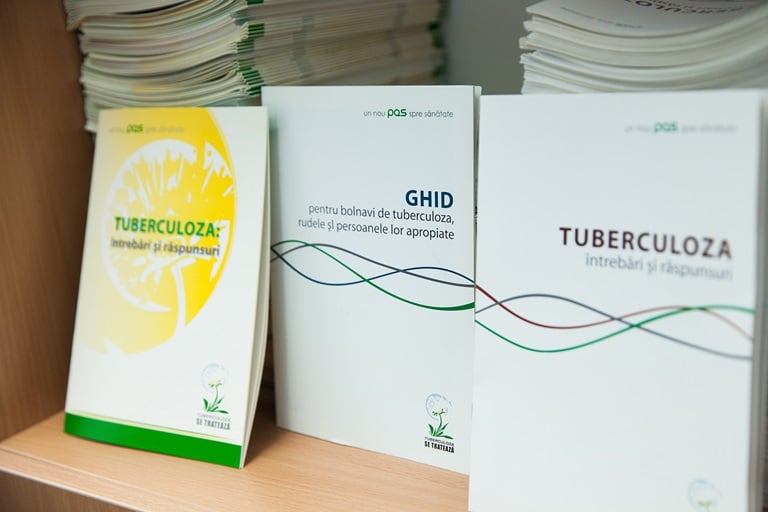Report: Strengthening social science capacities in the European Region (2019)

Overview
Integrating social science-based interventions for effective emergency risk communication and community engagement in outbreaks and health emergencies
Social science interventions (SSIs) are a core feature of emergency preparedness and response. As part of emergency risk communication (ERC) and going beyond that, SSIs are critical to ensure that affected populations are engaged and enabled to take informed decisions to protect themselves and their loved ones during crises.
In order to integrate social science capacities on a global scale for pandemic and other health emergencies response, WHO developed the SocialNET training in 2017, which has been implemented in the context of the Pandemic Influenza Preparedness (PIP) Framework (2011).
This training was designed to prepare social scientists, communicators and related emergency response experts to work effectively as part of public health emergency response teams.
The second WHO SSI training to be held globally was conducted in Bishkek, Kyrgyzstan on 10–14 December 2018 and included participants from 11 countries of the WHO European Region. The 24 participants were experts in emergency response and public health communication from ministries of health and emergencies, WHO and partner organizations.
The overall objectives of the Bishkek training were to engage participants in integrating SSIs into health emergency response; establish a roster of experts for emergency preparedness, readiness and response in the Region; and outline SSI plans for the countries.









